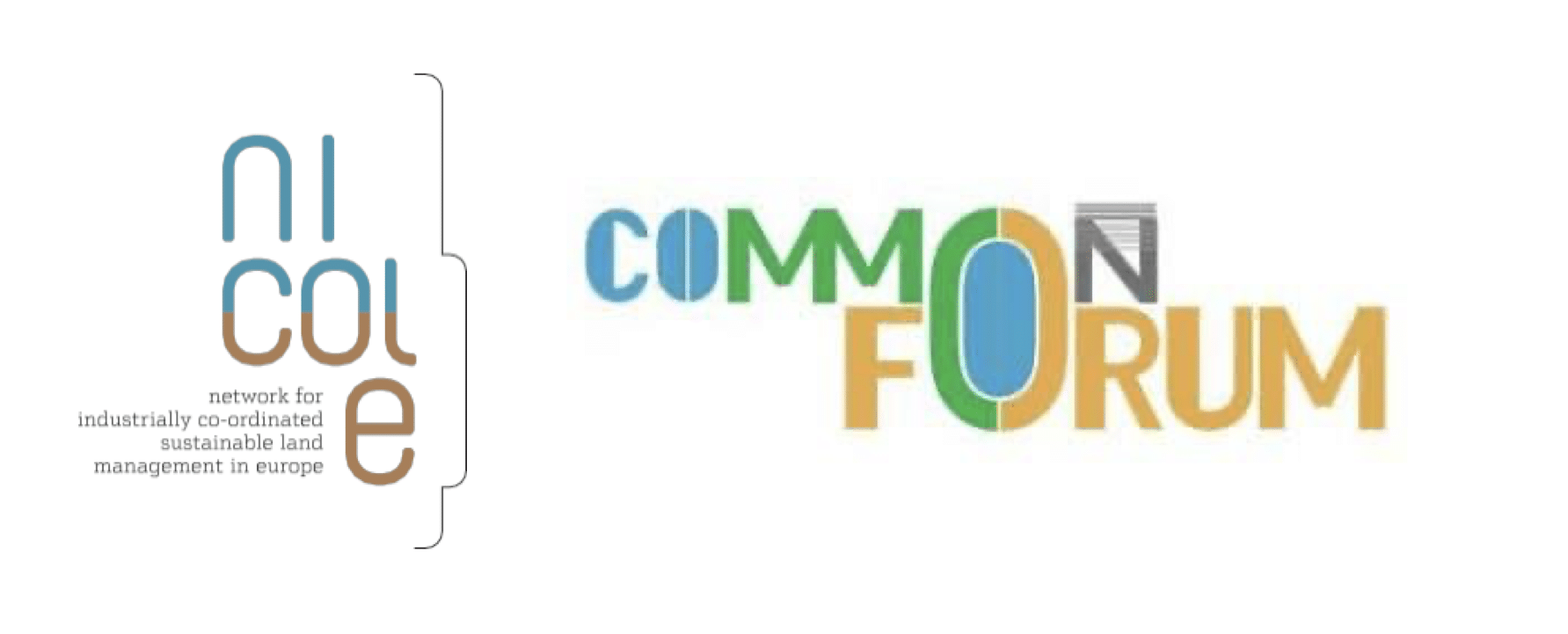Although land is still subject to severe degradation processes, it is probably the most undervalued element of nature. Land and soil are an unquestionably critical parameter of a sustainable Circular Economy even in areas with advanced environmental policy, such as the EU. This has also been reflected by the absence of a coherent and strategic EU-wide policy framework by the end of 2021, prior to the launch of the new EU Soil Strategy. Historically contaminated land management has been a national level policy issue, managed differently by the member states, resulting in advanced to non-existent contaminated land management policy. In the latter case, contaminated land management is mostly based on other EU policy instruments, such as the Environmental Liability Directive and the Industrial Emissions Directive.
Application of these directives, however, does not effectively satisfy the needs of a robust contaminated land management framework. Greece is one such example of a country without a robust contaminated land management framework, where the experience on the subject is still developing. At the same time several mega-projects are already in progress across the country. Authorities, services providers and landowners encounter significant decision making, scientific and management challenges on several topics, such as land transfer, remedial targets, excavated soil reuse etc.
It is imperative therefore that a coherent EU-wide policy frame and joint tools for contaminated land management supporting all Member States in striving for resource efficiency are considered. In particular, the new EU Soil Strategy introduces the aspect of “healthy soil” and sets out a framework and concrete measures for soil protection and restoration to ensure the sustainable use of soil by 2050. In this context new policymaking tools regarding, among others, excavated soil reuse (“passport for excavated soil”) and the issue of liability transfer (“soil health certificate”) are expected to have a significant role in the new era of contaminated land management in the EU.
This NICOLE workshop aims to highlight the new challenges that the EU Soil Strategy brings and promote feasible solutions in the application of circularity principles to the very demanding and complicated topic of contaminated land management across the EU.

